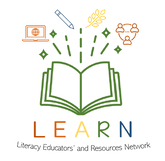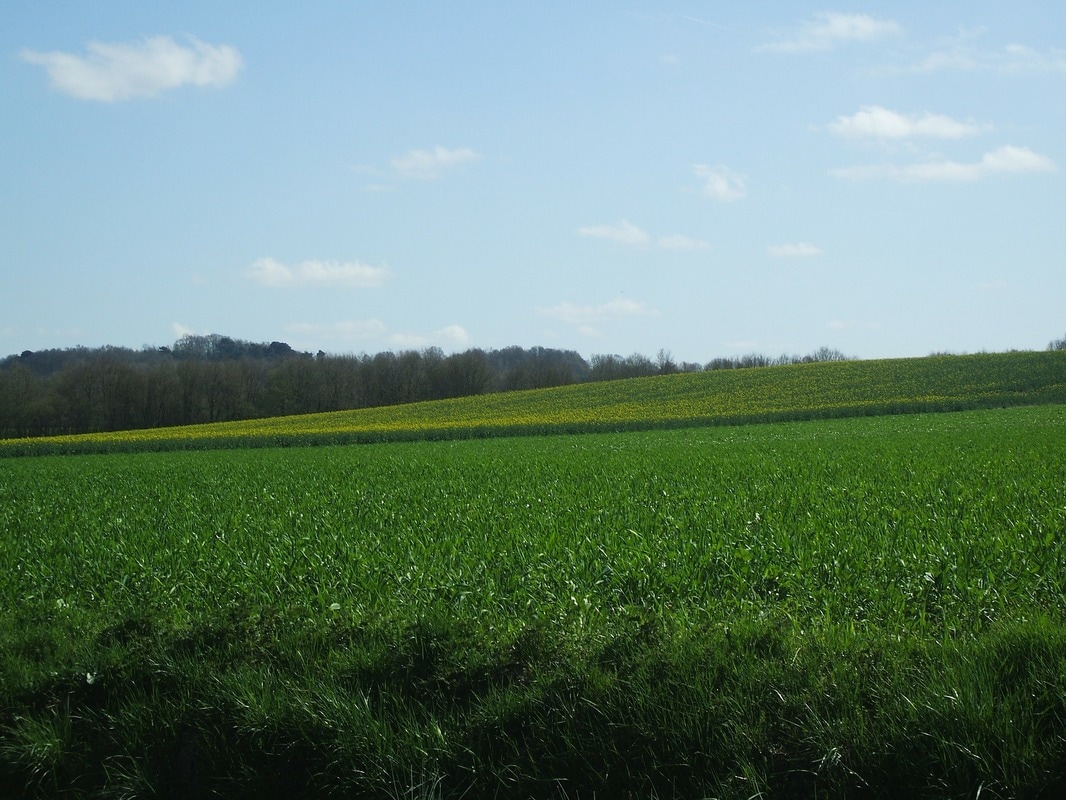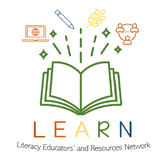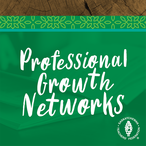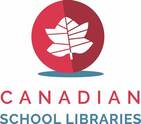Inquiry…the Saskatchewan Way:
Outcomes, Big Ideas, and Guiding Questions
|
Big Ideas Evoke Questions for Deeper Understanding
Big ideas evoke inquiry questions. These questions are important in developing a deep understanding of the discipline or unit of study within the discipline. They do not have obvious answers and they foster high-order thinking. They invite genuine inquiry. Students develop their own questions related to the big idea being explored and Saskatchewan curricular outcomes. "It is important to develop questions that are evoked by student interests and sense of wonder and have potential for rich and deep learning. These questions are used to initiate and guide inquiries that lead to deep understandings about topics, problems, ideas, challenges, issues, concepts, and areas of study" Renewed Curricula: Understanding Outcomes (2010, p.10). Well-developed inquiry questions enhance students’ understanding of curricular content. To help develop an inquiry approach to teaching and learning, each subject and grade specific curricula identifies sample Guiding Questions for Deeper Understanding from Saskatchewan Curricula (PDF) that may be used to engage student learning. “It is important that teachers and students learn within meaningful contexts that related to their lives, communities, and world.” Renewed Curricula: Understanding Outcomes (2010, p.9-10). Powerful instructional practices: A resource for teachers and administrators (2011, Section C2, p. 11-20) explores different types of questions and how to plan for them, and use them with students. |
Well-developed inquiry questions enhance students’ understanding of curricular content. To help develop an inquiry approach to teaching and learning, each subject and grade specific curricula identifies sample ”guiding questions for deeper understanding” that may be used to engage student learning. “It is important that teachers and students learn within meaningful contexts that related to their lives, communities, and world.” Renewed Curricula: Understanding Outcomes (2010, p.9-10).
Essential [Guiding] Question Criteria “An essential question:
|
Gallery
|
Arts Education Inquiry Units: Grades 6-9
Seven units for middle level arts education were developed by Living Sky School Division. The 21 video clips include companion videos on Big Ideas, The Process, and Assessment for each unit and a related print unit plan. These are available on the curriculum website in support materials for Arts Education Grade 6, 7, 8, and 9. These videos are accessed through R.O.V.E.R. |
Preparing for Inquiry Archived Webinar
Preparing for Inquiry Webinar Handout In the second part of the Preparing for Inquiry webinar, Dr. Jeffrey Wilhelm talks about formulating compelling questions and offers many examples of these as well as ideas for meaningful culminating projects. |
